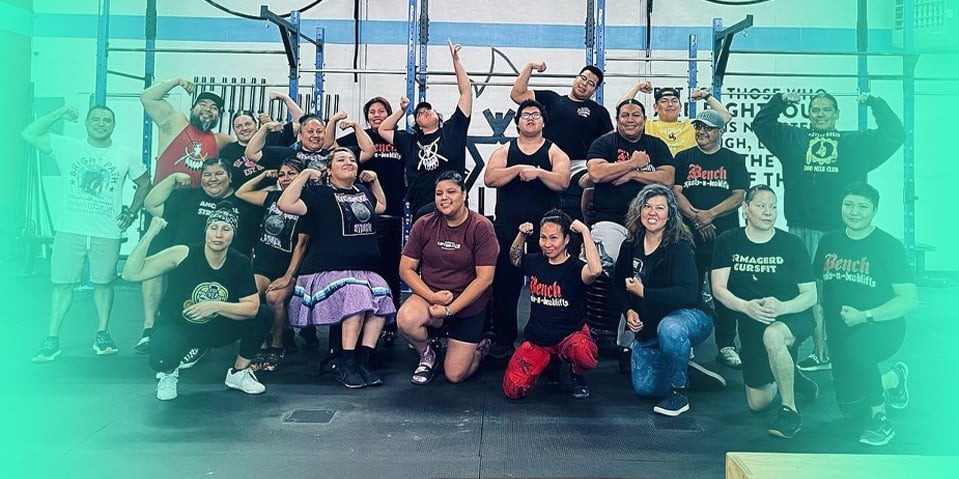
- by Hilary Achauer
- June 23, 2025
How Denyse Ute is working to improve the health of her tribal community.
Like much of the Native American population, the people of the Wind River Indian Reservation suffer disproportionately from chronic disease—including cirrhosis and diabetes—as a result of poverty, discrimination when it comes to delivery of health services, and economic adversity.
Located in central Wyoming, Wind River consists of more than 2.2 million acres and is home to both the Eastern Shoshone and Northern Arapaho tribes. Nearly one out of five people in the reservation make less than seven thousand dollars a year, and the average age of death is 54 years old, more than 20 years earlier than the national average.
As part of the Eastern Shoshone tribe, Denyse Ute grew up seeing these issues affect her community. And when she started doing CrossFit in 2010 she realized how she could help the people of the Wind River Reservation.
“I loved the methodology of CrossFit, it changed my life,” Denyse said, “and I found my way to sobriety through fitness. I think that it's a good outlet for people who are struggling with those types of things along with battling chronic disease.”
To address these issues and bring health and fitness to the Eastern Shoshone and Northern Arapaho tribes, in 2015 Denyse and a small group of tribal members opened a CrossFit gym on the reservation, called Intertribal Fitness. They accomplished this relying solely on donations, and have since expanded to offer nutrition and wellness services as well as programs for tribal youth.
Focusing on Fitness and Nutrition
Intertribal Fitness began as a grassroots facility, inspired by the lack of standalone gyms on the reservation. The gym is a nonprofit organization whose mission is to provide a fitness community for at-risk or underserved community members, either for a low cost or for free.
As Denyse continued her education and earned a master's certificate in community and public health, she created Intertribal Wellness, the educational component of the nonprofit that offers chronic disease prevention programs, earning contracts with the state of Wyoming.
“When it first started it was initially just because I love fitness, but as I progressed into more of the health world, I got my bachelor's degree in nutrition science and started becoming more involved in the food side of it,” Denyse said.
Denyse said she thought it was important to have more than a fitness facility, given the challenges facing many of the tribal members.
“There's a lot of systemic barriers that have been created to keep us in poverty, and I think having access to coaches and these types of programs is very vital to combating chronic diseases in underserved populations,” Denyse said.
Providing Solutions to Systemic Problems
One of the challenges faced by the people on the reservation is access to healthy, affordable food.
There is only one grocery store on the reservation, which Denyse said has recently been stocking more produce and healthy foods, but beyond that the nearest border town is 15 miles from the reservation.
So Intertribal Wellness began to work with the Wind River Food Sovereignty Project, which works to increase the supply of local, healthy, affordable food by supporting reservation-based food production, increasing the number of local farmers, ranchers, and specialty food producers on the Wind River Reservation.
“We're trying to establish a food pantry,” Denyse said, “and providing recipe ideas and encouraging gardening.”
While she works to encourage healthy eating, Denyse is also mindful of tribal traditions, such as frybread. Frybread originated in the late 1800s when the United States forced Native Americans living in Arizona to relocate to New Mexico, where they couldn’t grow their vegetables and beans. The government gave the indigenous people white flour, processed sugar, and lard, which they used to make frybread.
So while frybread is a part of Native American culture, it also represents brutality and pain.
“It's a survival food,” Denyse said, “but it's a two-faced delicacy that can mean resilience but that also causes health disparities.”
Rather than telling the people in her community to stop eating frybread, Denyse advises them to be aware how what they eat affects their health, and maybe eat less than they normally would.
“I always like to approach it when you look at a food, to ask ‘Is it contributing to my health disparity, or is it contributing to my health? Is it full of nutrition or is it empty?’” she said.
Connecting With Tribal Youth

As Intertribal Wellness has grown, Denyse worked to include more segments of the tribal population, particularly for the youth in the summer.
“That’s when we shift our focus to youth-based programs and getting them active and having a whole variety of different opportunities for them,” Denyse said.
To serve the tribal youth, Denyse and her team created The Destiny Program Corporation that provides a fitness and nutrition program for at-risk or underserved youth and people of any socioeconomic background located on or near the Wind River Indian Reservation.
The Destiny Program was recently awarded a grant to develop a running club and a boxing self-defense program from Nike’s N7 Fund, which is aimed at supporting sports in indigenous communities.
“I have a lot of partnerships with the Boys and Girls Club and Eastern Strong Tribal Health, and we really came together this past year to create a youth sports league,” Denyse said.
Typically, the young people on the reservation don’t get involved in sports until fifth grade. And even in junior high and high school, Denyse said it’s difficult for kids to participate in sports when the other teams are sometimes 45 miles away.
“That leaves out a lot of people, because there's not a lot of people that may have the transportation or the means to be able to take their kids to participate in those types of activities off the reservation,” Denyse said.
Future Goals and Plans
Going forward, Denyse plans to offer programs for the elders to help get them moving and exercising as well as a daycare for parents who need childcare while they work out.
She’s hoping to replace the gravel in the track around their building with turf or grass and get the field leveled so the youth leagues can practice.
“One of the things we lack on the reservation are parks and soccer fields. Having more of those spaces available is a future goal as well,” Denyse said.
On top of all this work, Denyse is also getting certified as a registered dietician and earning an advanced degree in food science and nutrition. While writing a thesis on the history of the systemic barriers faced by the indigenous population, she will continue to address all aspects of the health challenges facing the people of Wind River Reservation.
About Author, Hilary Achauer
 Hilary is a renowned fitness business writer, marketing content writer, and journalist. She’s written content for start-ups, entrepreneurs, executive coaches, wellness providers, gyms, and CrossFit. Her focus is always on telling the best story with a clear, compelling style and being able to engage readers, bring in new customers, or build an audience.
Hilary is a renowned fitness business writer, marketing content writer, and journalist. She’s written content for start-ups, entrepreneurs, executive coaches, wellness providers, gyms, and CrossFit. Her focus is always on telling the best story with a clear, compelling style and being able to engage readers, bring in new customers, or build an audience.
Fill out a short form to contact us with your questions or to receive a customized quote.
Recent Stories
-
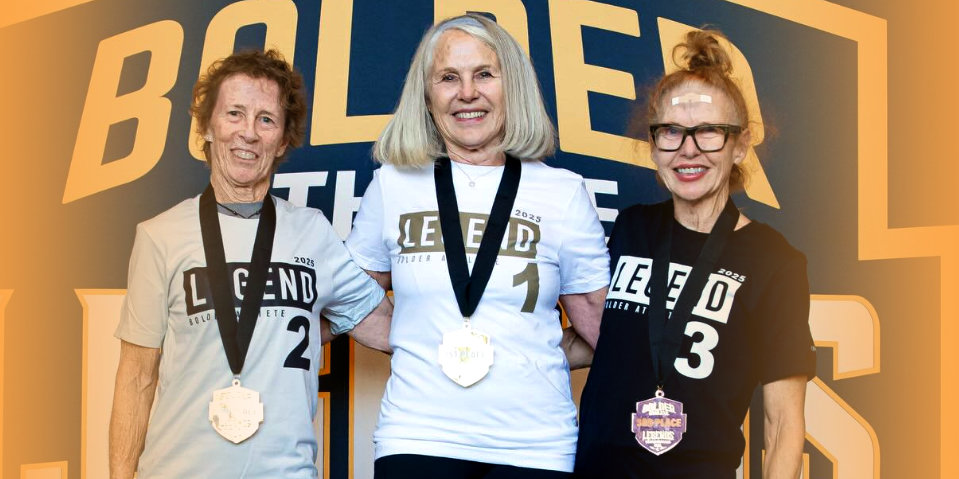 When Competition Becomes Community
February 17, 2026
When Competition Becomes Community
February 17, 2026 -
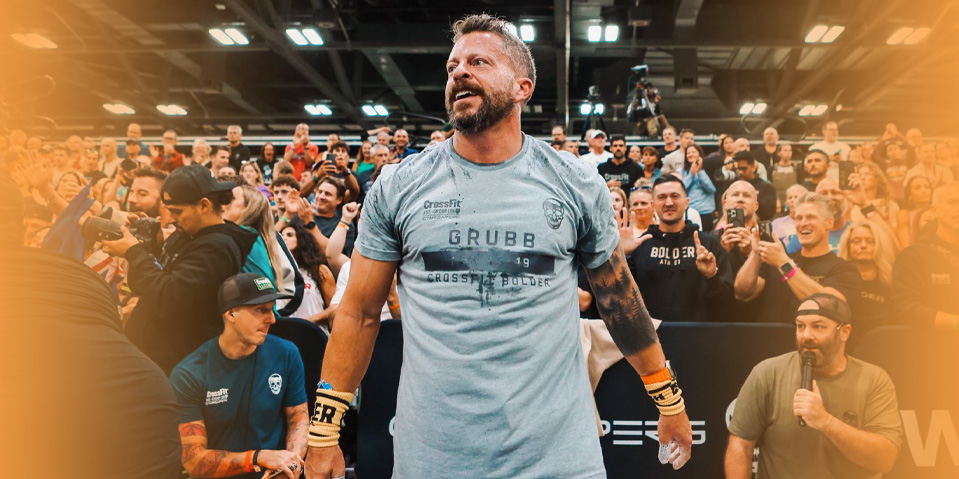 Making Legends: From In-House Competitions to the Global Stage
January 26, 2026
Making Legends: From In-House Competitions to the Global Stage
January 26, 2026 -
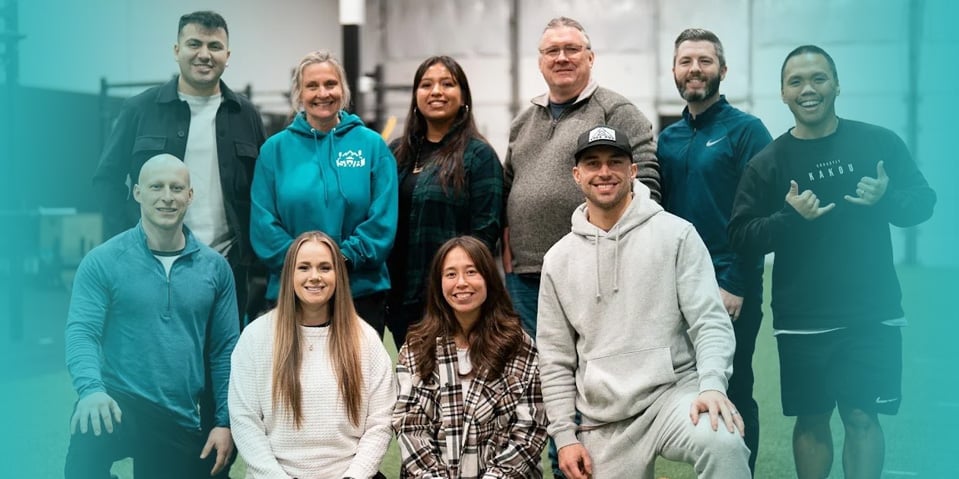 The Origin and Impact of Organización de Amigos
December 17, 2025
The Origin and Impact of Organización de Amigos
December 17, 2025 -
 Bringing CrossFit to Schools
November 18, 2025
Bringing CrossFit to Schools
November 18, 2025 -
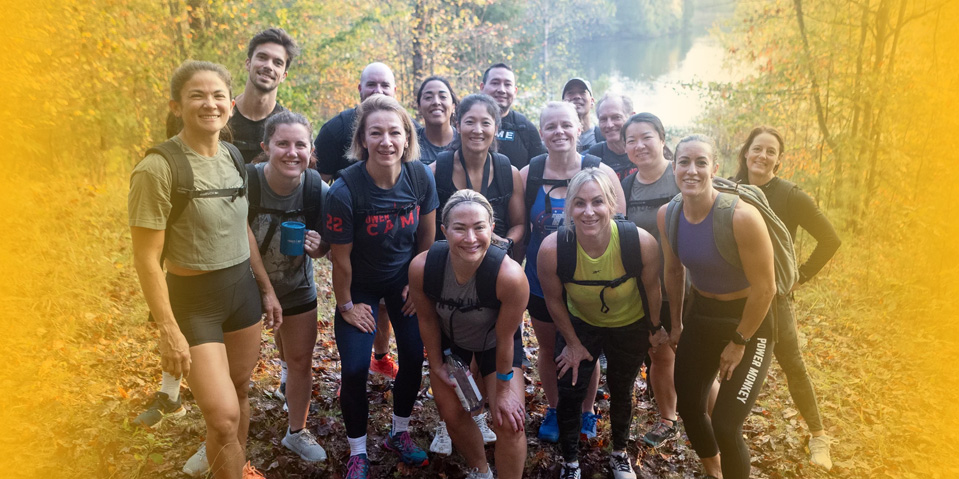 Building Community Through Fitness
October 16, 2025
Building Community Through Fitness
October 16, 2025